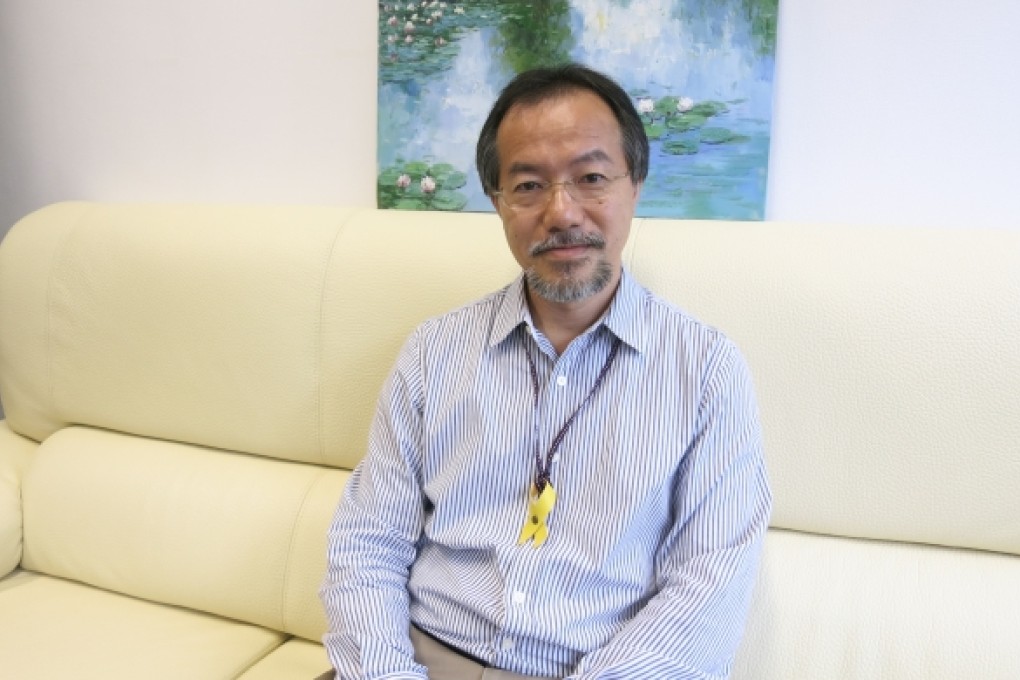Fernando Cheung Chiu-hung
Vice-chairman of the Labour Party, Dr. Fernando Cheung Chiu-hung is known as “Longhair of the Social Service Sector,” thanks to his dedication to fighting social injustice in Hong Kong. He speaks to Yannie Chan about his role in mediating the political clashes in Mong Kok, and his hopes for the ongoing civil disobedience campaign.

I was born in Macau. My parents were working in Hong Kong at the time and I joined them at the age of 7.
My grandmother named me Fernando. She was born in Peru and only spoke Spanish.
There used to be no degree for social work. I graduated with a diploma. I wanted to study further, and I got a PhD at Berkeley.
As an immigrant [in the US], I felt the challenges minority groups face in society. Many immigrants from China lived inside a bubble. They stayed in Chinatown and didn’t interact much with mainstream society. Asians didn’t have a say in public policy.
I was head of the Oakland Chinese Community Council. One thing I worked on was to promote minorities’ participation in government census, which has direct implications on how federal funding is spent. Traditionally, Chinese people do not like to participate in the census.
The local government set September 13 as Dr. Fernando Cheung’s Day. It was the day I left the council to move back to Hong Kong. I don’t think I deserve it.